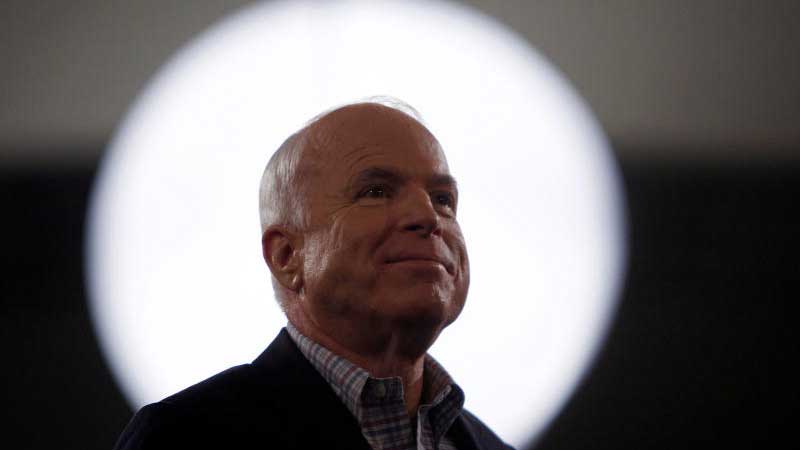×
The Standard e-Paper
Stay Informed, Even Offline

Veteran US senator and war hero John McCain (pictured) - a towering figure in American politics for decades - died yesterday after stopping treatment for brain cancer, one year after the Republican went public with his diagnosis.